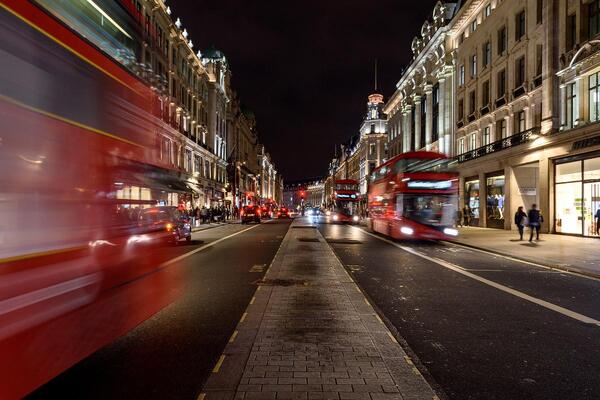Key Takeaways
- The World Cities Culture report emphasizes the growing importance of the night-time economy in urban policy.
- Global cities are increasingly prioritizing policies to support nightlife and related industries.
- This edition of the report highlights various trends affecting urban sustainability and cultural initiatives.
Transforming Urban Policies
The fifth edition of the World Cities Culture report acknowledges the elevated status of the night-time economy within mainstream policy considerations. Once an overlooked aspect of urban strategy, city governments worldwide are now recognizing the value of thriving nightlife and its contributions to economic and social vibrancy.
Cities are increasingly developing comprehensive strategies to bolster their night-time economies, which encompass bars, restaurants, entertainment venues, and other activities that flourish after dark. This proactive approach not only supports local business but also enhances community engagement and cultural experiences for residents and visitors alike.
The report illustrates that global cities are rethinking their policies to create more sustainable and inclusive night-time environments. Key examples show that urban areas are fostering collaborations between business owners, local authorities, and community stakeholders to develop regulations that accommodate diverse nightlife offerings while addressing concerns such as noise and safety.
Moreover, the report highlights the changing attitudes towards nightlife as integral to a city’s identity rather than merely a peripheral concern. This shift has encouraged many municipalities to include nightlife in planning discussions, promoting a cooperative framework that balances business interests with residents’ quality of life.
Urban leaders are also considering the environmental impact of nightlife, advocating for green initiatives that support sustainability. Measures such as improved public transport options and eco-friendly businesses are promoted to create a more responsible night-time economy.
Lastly, the report identifies several trends that draw attention to cultural initiatives tied to night-time activities, including arts festivals and cultural celebrations that extend into the evening. Such events not only enrich the local culture but also serve as significant attractions that draw tourists and boost the local economy.
In conclusion, the evolving perspective on the night-time economy reflects broader urban policy trends that prioritize inclusion, sustainability, and community collaboration. As cities move forward, integrating these elements will prove essential for cultivating vibrant and thriving night-life experiences.
The content above is a summary. For more details, see the source article.















